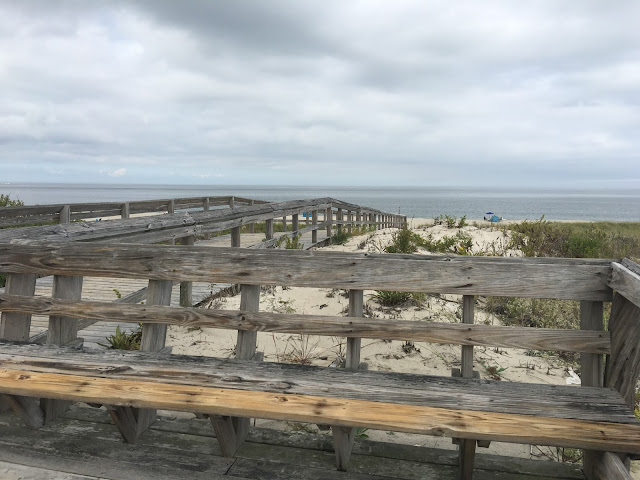One of the noticeable differences between the West Coast and the East Coast of the U.S. is the unique driving styles. Not only do people on the East Coast not believe in the safety and utility of long on and off ramps to the freeways, but one often finds drivers doing things (not all negative) that you wouldn't expect them to do. For example, whereas I would have been fine waiting for the car on the road to turn off left before I made my left turn, the driver waived me ahead of them despite the growing line of cars behind them. During my first few ventures driving around the area, I was confused and slightly frustrated at this difference. Then, earlier this week, one of my friends helpfully explained to me that West Coast drivers are legalistic whereas East Cost drivers are more relational. One is not necessarily better than the other (excluding the difference in freeway ramp styles). However, it is necessary for one to adapt to the driving culture of the local area.
In what areas can we stand to become more relational? Also, in what areas do we need to be more legalistic in order that we are clear on the mutual expectations and are able to accomplish the task before us?









